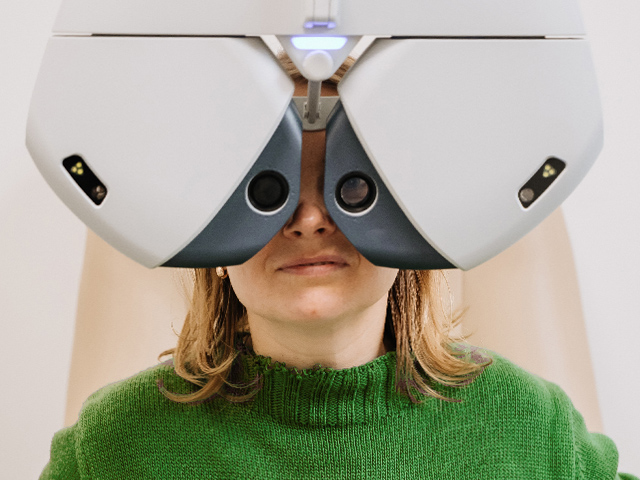
Cataracts are an ocular condition where the lens of your eye becomes cloudy. It is common in people 40 years and above due to aging and is irreversible. The only known treatment for cataracts is surgery, which involves replacing your eye’s lens with an artificial lens.
What Are the Symptoms of Cataracts?
The process of cataract formation is gradual, and it takes a long time before you notice any changes in your vision. You will only notice it when your vision becomes blurry as cataracts begin to block more light. The main symptoms you will notice are:
- Blurry, cloudy, or foggy vision.
- In older people, you may develop myopia.
- Change in perception of color.
- Challenges driving at night, especially caused by glare from oncoming headlights.
- Glare during the day.
- You may develop double vision.
- Your prescription eyewear stops working as it should.
Types of Cataracts
- Nuclear cataracts.
- Cortical cataracts.
- Posterior subcapsular cataracts.
- Anterior subcapsular cataracts.
- Congenital cataracts.
- Traumatic cataracts.
- Secondary cataracts.
- Radiation cataracts.
- Zonular or lamellar cataracts.
- Posterior polar cataracts.
- Anterior polar cataracts.
- Post-vitrectomy cataracts.
- Christmas tree cataracts.
- Brunescent cataracts.
- Diabetic snowflake cataracts.
How Do Eye Doctors Diagnose Cataracts?
First, the doctor will want to know the symptoms you are experiencing. They will then run a series of tests to check if cataracts or another visual issue causes your symptoms. Here are the main tests that they will run:
Visual Acuity Test
This test uses an eye chart to measure your ability to see. They may combine it with a glare test where they may shine light in your eyes and ask you to read a chart.
Slit-lamp Exam
This exam uses a microscope and a bright light that the doctor uses to observe various ocular structures.
Retinal Exam
This exam lets the doctor check the health of your retina through the pupil.
Treatment Options for Cataracts
The main treatment for cataracts is cataract surgery. There are different versions of this surgery, but they all have the same goal. They are all used to replace the natural lens with an artificial one.
Cataract surgery is very common, and the success rate is quite high. The operation lasts about 15 to 20 minutes, which happens when you are awake. The surgeon will usually apply local anesthesia to numb your eye.
Types of Cataract Surgery
Small-incision
It is also known to doctors and surgeons as phacoemulsification. It involves the surgeon making a small incision on your cornea to access the inside of your eye. They insert a tiny device that emits ultrasounds that break up the eye’s lens. They then take out the pieces and insert the new artificial lens.
Large-incision
This surgery is rarely done except for major cataracts affecting other aspects of vision. Doctors also refer to it as extracapsular cataract extraction. The surgeon will take out the entire lens and replace it with the artificial one. The downtime for this procedure is significantly more than for the phacoemulsification procedure.
Femtosecond Laser
As the name suggests, the surgeon uses a specialized laser to break down the lens of your eye. Like the other procedures, they replace the lens with an artificial one. Surgeons often recommend femtosecond laser surgery for patients with astigmatism. The surgeon will usually treat astigmatism too with the laser while they fix your cataracts.
For more on cataracts and which treatment is right for you, visit Alpha Eye Group at our offices in Philadelphia, Wyomissing, Bethlehem Twp, Doylestown, or Plymouth Meeting, Pennsylvania. Call (215) 698-7760, (610) 376-7272, (610) 866-1000, (215) 878-7181, (215) 230-4060, or (610) 941-9780 to book an appointment today.




